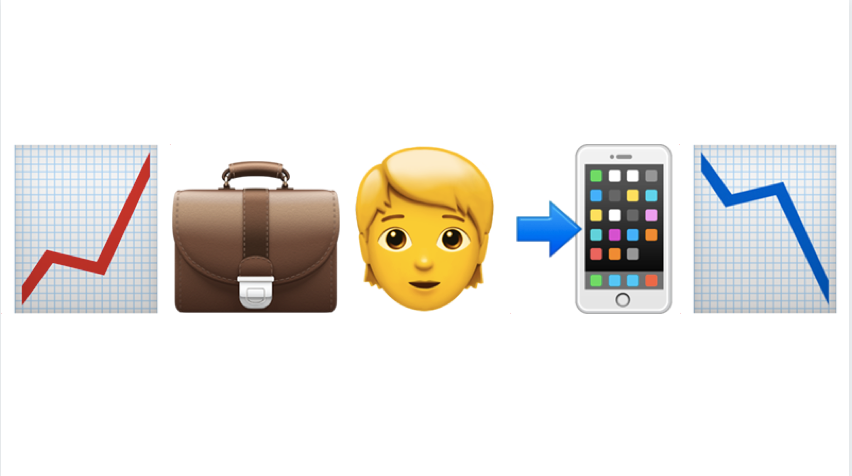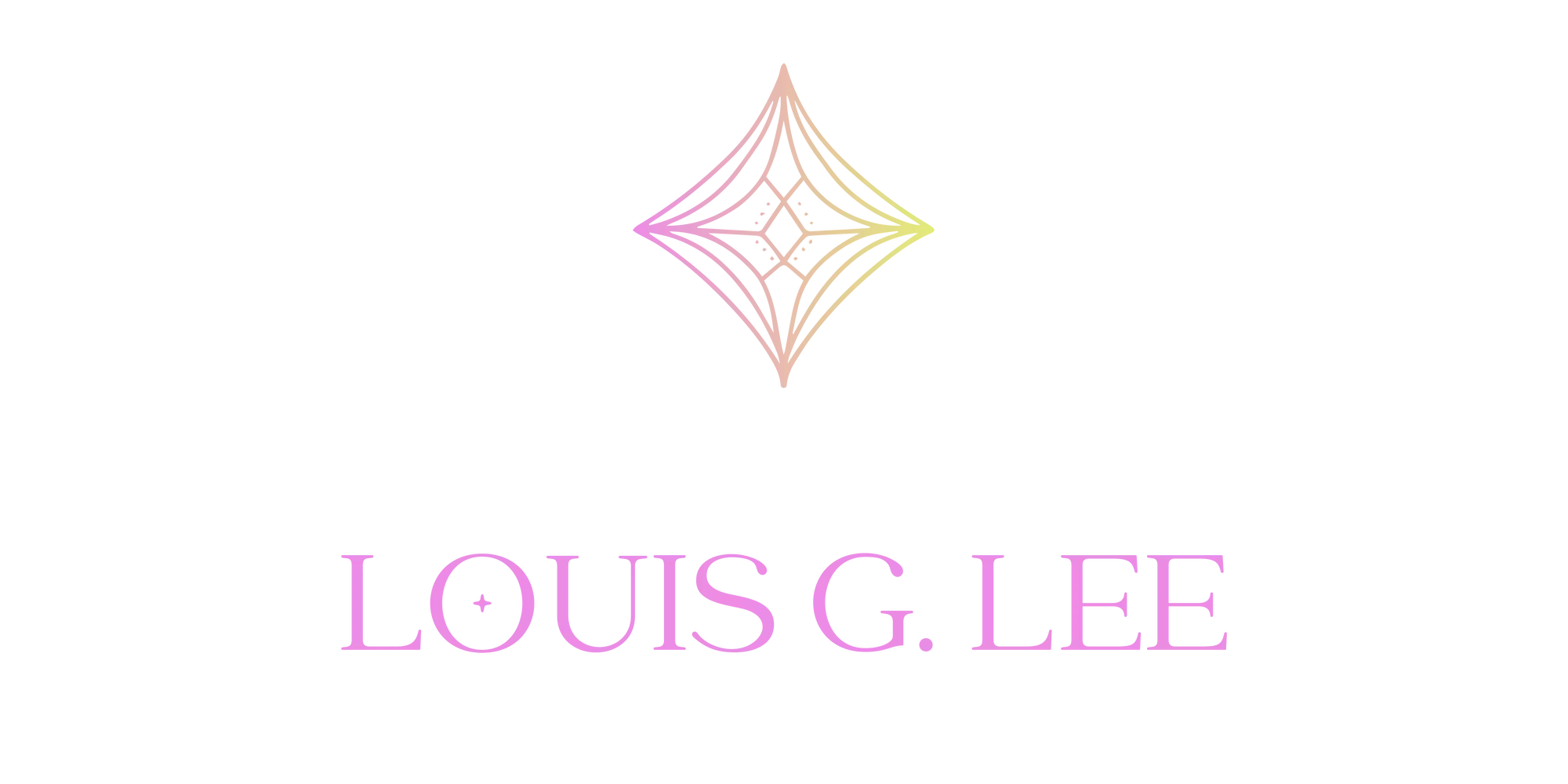How to Leverage Social Media for Professional Use

What this article covers:
- Defining Professional Social Media
- Why Leverage Social Media Professionally?
- Research, Writing, & Relationships
Defining Professional Social Media
My blog post, Churn to Earn, focuses on the personal use of social media. Digital Marketing Consultant Deanna Hinsz asked a follow-up question on using social media professionally.
Social media is an ambiguous term and means different things, to different people, at different times. Therefore, using social media as a blanket term is like using food as a catchall word.
Are we talking about food from a restaurant or grocery store? Vegan or Paleo? Cereal or salmon? Food alone isn't precise enough, just as social media isn't precise.
I am a Marketing Consultant who specializes in social media advertising. Although marketing campaigns on social media is my profession, here's how I'm defining professional use of social media for this article:
Using social networks to create, maintain, and deepen a content portfolio to generate beneficial connections for careers and relationships.
Why Leverage Social Media Professionally?
Even for the non-marketers reading this, professional use means influencing how you are perceived. If you've ever worked to make a great first impression (i.e., selling chocolate for a school fundraiser, meeting your prom date's parents, your first job interview), then you've done marketing. And a marketing mindset is what's at the root of professional social media use.
You'll notice the outline below centers around Twitter and LinkedIn. I've found Twitter as the platform to give you the most control over your content preferences and the easiest to strike up conversations with strangers. LinkedIn gives you accurate professional information and limits the recreational outrage other platforms thrive on. Twitter is for research and testing content, while LinkedIn is for deepening relationships.
For Twitter, create lists to curate handles and topics you are interested in. Then, get those lists into TweetDeck, so you have a dashboard tailored to you. Once you have your lists, filter them by Top Posts instead of defaulting to Latest Posts. I write about the powers of Twitter search below, but if you want to go deeper, this Github repo will give you everything you need and more.
I recommend LinkedIn to some friends who chuckle (less often now than five years ago) and often say, "I'm not looking for a job."
If you only use LinkedIn when looking for a job, it's too late. Write posts relevant to your job/profession for LinkedIn, and don't link out to anything. This article on the organic use of LinkedIn explains how the platform suppresses posts linking away from the platform.
Research, Writing, & Relationships
Nonetheless, professional use requires intentionality. Start with what you want to happen and reverse engineer from there. I break it out into researching, writing, and relationships.
Research:
Magic happens with Twitter's advanced search. Examples:
- marketing from:@elonmusk
- from:@balajis min_faves:500
- (reading, OR writing) to:@RyanHoliday
Writing:
Twitter is a micro-blogging platform. So I use threads as a first draft & double-down on the Tweets that get engagement. After that, tweets with a business context end up on LinkedIn.
Relationships:
I spent more time networking than studying when in college. A relationship landed my first job in college. Not Youngstown State University or a professor, but a friend.
Relationships are critical. Taking responsibility for each connection is essential. Own your relationships. Don't expect anyone to reach out to you for anything. Be the first one to say hi. To ask that "stupid" question. To be the person who connects first on LinkedIn.
People spend more time behind closed doors (and subsequently digital screens). As a result, we have to act like salespeople regarding our relationships. Enter Customer Relationship Management (CRM).
You cannot reduce a relationship to a spreadsheet, so a CRM may seem too formal for a non-sales person. To be less formal, throw out terms like "qualified prospect" or "revenue potential," Or "closed revenue."
Name, last contact, and a formula to know when to reach out are sufficient. I use this Notion CRM template for college students to track my relationships.
The primary purpose of a personal CRM is to track meaningful notes on a person and have a quick view of when you should reach out to them. People aren't thinking about you. If you're out of sight, you're out of mind. So get in front of the people you care about with the tools you have at hand.
Think long-term. How can folks benefit from your interactions? What can you learn from them? What opportunities may come after years of building together? Be honest, courteous, and respectful with your outreach and the time others offer you. Be sure to make room for serendipity.
Summary
- Professional use of social media means you're intentional about how you're going to use it to create content and have it aid in building your career and relationships.
- Churn to Earn focused on the difference between Consuming vs. Creating. In a professional context, we're approaching social media with the intentionality to influence.
- To influence, we use social media to research, write, and build relationships that may benefit how we serve and the career opportunities at hand.

